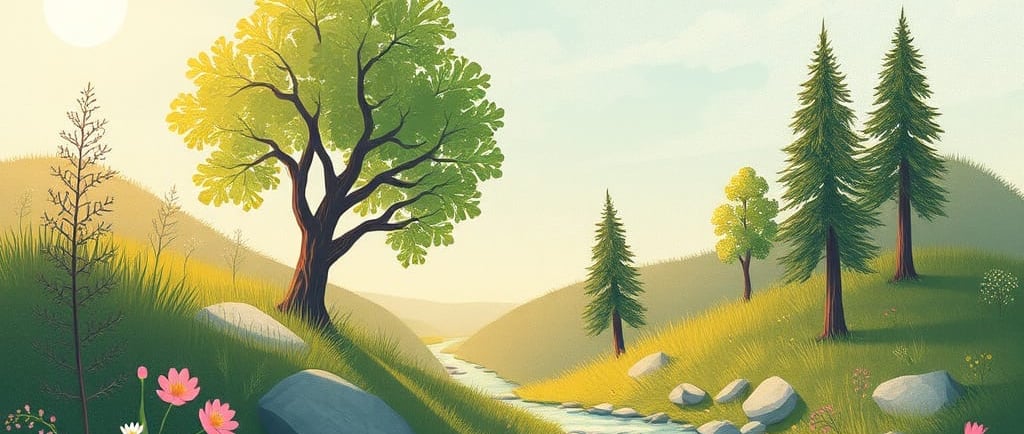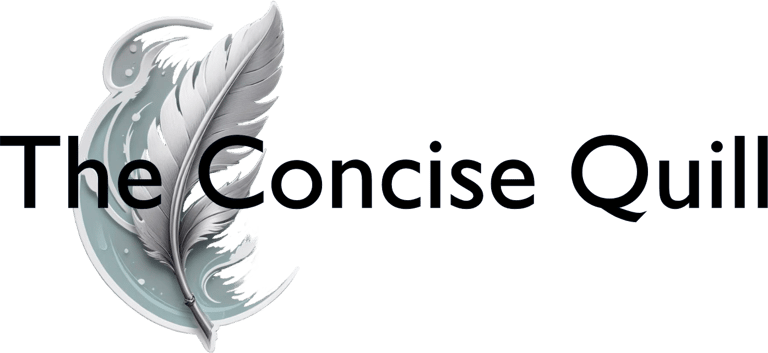

We get the futures we imagine. Everything you see around you – the buildings we live, work, and play in, the chair you are sitting on, the device you are reading this on – all started out as someone’s imagination about what the future could look like. But the future isn’t just our built environments and the technology we use, it’s also about our mindsets. Our governments, our economic and educational systems, our social structures – these things too we first create in our imaginations. And so it’s worth asking: what futures are we imagining?
Often, the articulation of these futures shows up in entertainment – in movies, books, TV shows and video games. When we look at the most popular titles across these forms, our imagined future does not look very bright. We find many post-apocalyptic futures portrayed in movies such as A Quiet Place or books-turned-into-movies such as the Hunger Games franchise, or futures in which we abandon this planet completely, while video games play out across barren landscapes riddled with warfare, crime, and decay. And I get it – portraying dystopias allows us to articulate our worst fears, get them out in the open.
Yet when dystopias dominate our cultural imagination, it subtly reinforces the idea that collapse is inevitable—and that escape, rather than repair, is the only option. This kind of thinking has real-world effects; we can watch this play out in real time as Elon Musk, Richard Branson and other billionaires elbow each other out of the way to see who can be the first to escape this planet instead of working together to make it a place where we want to stay. We need to balance out that despair and desperation with hope and courage, replace dystopic scenes with utopic visions where we articulate our intention to build a better future.
The words we use are important here. If I say I am ‘anti-war’, what immediately comes to mind? Usually it is visions of war, the wails of terrified and injured children, the sounds of incoming bombs, piles of rubble where once stood homes, schools, and hospitals. But if I say that I am ‘pro-peace’, that conjures up different visions, of children laughing, playing, and learning, of people making food together and working to rebuild those homes and schools and hospitals – rebuilding our communities. In other words, it shifts our focus to the solution rather than the problem. We can do this with all kinds of issues; for example when thinking about climate, we can envision a beautiful landscape filled with trees, community food gardens, fresh water and breathable air. These are all things we can work towards, moving towards the future with active hope and joy instead of running away from it in fear and dread.
Last summer I did a creative writing project with my students. I asked them to write a short story (less than 1000 words) about the future, and they could choose whether that was dystopic or utopic. Almost ALL of them went with dystopic - and this wasn't a group of depressed goth teens, they were generally happy, bright, engaged students – yet when thinking about the future, their minds almost universally went to dystopias. They were good stories, and I loved the creativity and imagination, but they were not positive stories. Now it is of course possible that this is because so much of what we see in movies and TV shows is dystopic, but if that’s the case, it simply underlines the need to portray more positive futures, visions that can be put into words and translated into actions.
Ultimately change, whether good or bad, happens through intentional action. If we are to move towards more positive futures, we need to take responsibility both for the social and ecological challenges that exist, and for finding positive solutions. We need to do this individually and collectively, in our homes and communities, in our countries and in the world. We need to tell ourselves, and each other, better stories. The thing about stories is that we always have a choice about what stories we listen to and what stories we live – but first, we have to imagine them.
I’d like to leave you with a quote from Neil Gaiman, from a lecture he gave in London way back in 2013[1]. It’s just as relevant today.
We all have an obligation to imagine. It is easy to pretend that nobody can change anything, that we are in a world in which society is huge and the individual is less than nothing… But the truth is, individuals change their world over and over, individuals make the future, and they do it by imagining that things can be different.
Imagine that you were asked to write 1,000 words on the future. What story would you tell?
[1] You can read the full lecture here: https://www.theguardian.com/books/2013/oct/15/neil-gaiman-future-libraries-reading-daydreaming)
